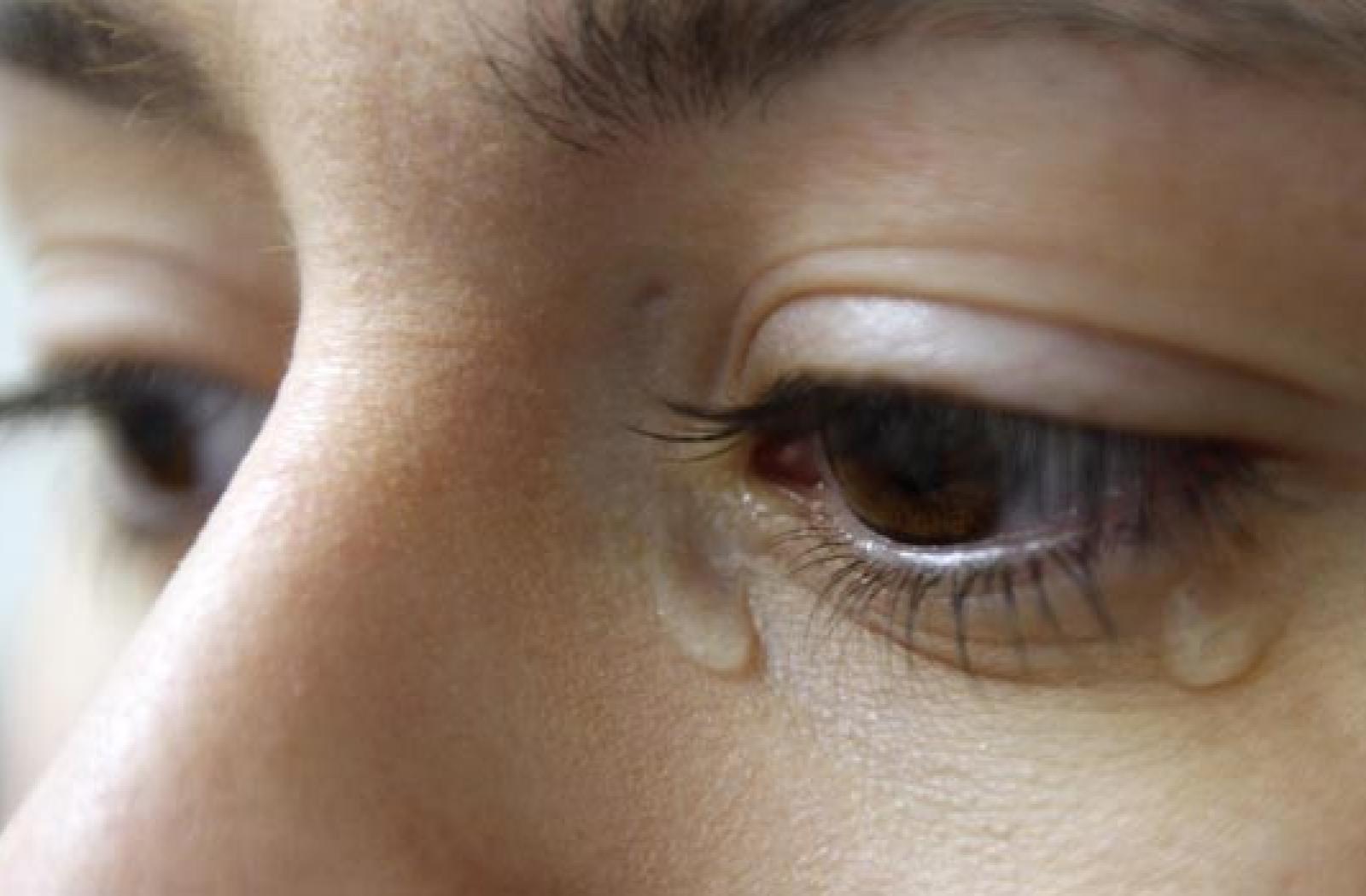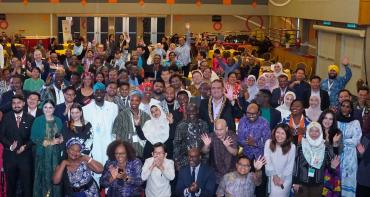As the Commonwealth launches the Peace in the Home: Ending domestic violence together initiative, we look back on some of the best articles from young Commonwealth Correspondents on gender equality and tackling violence and discrimination.

As the Commonwealth launches the Peace in the Home: Ending domestic violence together initiative, we look back on some of the best articles from Commonwealth Correspondents on gender equality and tackling violence and discrimination.
Domestic violence is no trivial matter to be swept under the carpet, writes Jo-Annah Richards, a law graduate and Commonwealth Correspondent from the Caribbean island of Montserrat now living in the United Kingdom.
As she lay bloodied and lifeless everyone stared frozen in shock. How could this have happened? Not on this island!
Why the shock when for months her screams echoed and resonated in the morning dew and floated and meandered in the evening breeze. But no one did or said anything, as it was ‘just another domestic’.
The blows to her body had proved insignificant in everyone’s perspective. Now staring in shock at the ultimate end result, her murder was now, finally, significant.
Why do we turn a blind eye to domestic violence? Is it really none of our business, just another domestic? Something the couple will sort out? But we shake, shiver and shrill in horror at the obvious end result. Now it’s our business, for as a society we have failed. No one is no longer safe. Anything can happen. How did this happen?
Why are we so impacted by this eventuality when we could not have cared less for the beginning of the situation? The emerging patterns. The first steps. The first punch.
How do we turn a blind eye to the elaborate and embossed makeup that covers our daughter’s, sister’s and friend’s faces? Painting an illusion of a happy face, which fragments of the truth break through giving light to the reality under the dense cover?
Now there are echoes that we need to keep our society safe. Is everyone not society? Was the victim not society, but we turned our backs not wanting to be involved. Is it only our problem when the issues bubbling under convulse and explode in our faces?
It’s too late now for this victim that lays broken, with her eyes spread open like she finally saw her situation. Her eyes wide open as if she was searching for someone to help her, that in her last moments someone would finally hear cry for help. She was blinded, but in the end her eyes were opened and embedded with the harrowing truth.
As communities, should we not look out for each other no matter what? Should we not support and up lift each other? Is it fine for a woman or man to be abused once it is behind closed doors? That way we don’t have to deal with the ills that exist every day. Once they stay alive is society doing fine?
What about the woman that goes to sleep every night thinking it’s her last? What about the children that know no other life than one with violence, who later in life manifest the only thing they know: abuse, victimhood, or self-hate through drugs and addiction as a means to block the memories?
Should we not care about the broken souls, who roam aimless with no other purpose in life than to exist? Broken by the beatings to their body, the corruption of their thoughts and a violation of their whole being. How are they to save themselves when they have lost who they are.
Domestic violence should never be seen as a personal matter, when the consequential event of murder is taken so personally.
The Peace in the Home: Ending domestic violence together initiative is launched by Commonwealth Secretary-General Patricia Scotland as part of ‘A Peace-building Commonwealth’, our theme for 2017. The aim is to build a coalition of governments, businesses, civil society and citizens committed to ending domestic violence and achieving peace in the home. Find out more.




